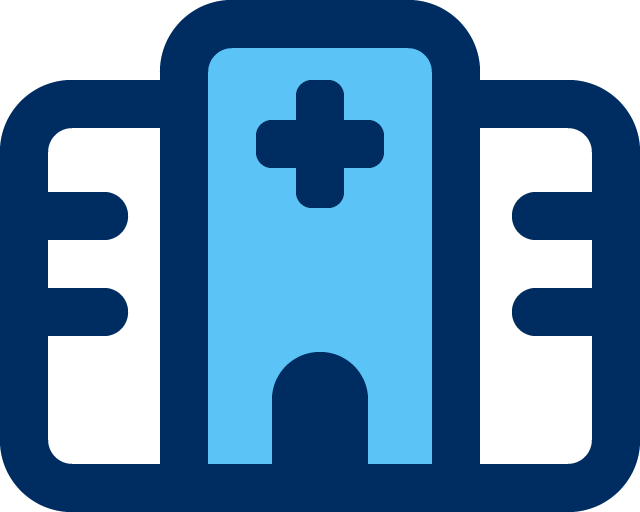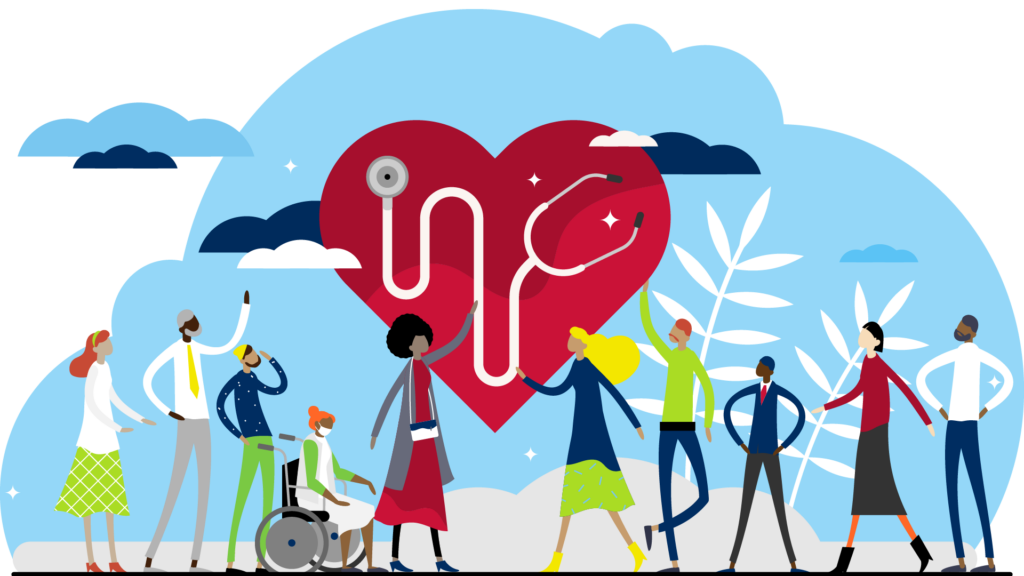Lesson 1 knowledge check
Definition of Public Health Question 1 Which definition of health encompasses a holistic view, including physical, mental, and social well-being? Question 2 Public health involves organized community efforts. Which of the following is NOT typically included in these efforts? Question 3 Public health activities aim to create conditions in which people can be healthy. Which […]
Module 1 knowledge checks
Lesson 3. Introduction to key concepts
Social determinants of health Conditions Conditions in which people are born, grow, live, work, and age, including access to and quality of health care services. Impact These factors influence a wide range of health, functioning, and quality of life outcomes and risks. Optional reading Social Determinants of Health. Healthy People 2023. Office of Disease Prevention […]
Lesson 2. Historical perspectives on Public Health and its evolution
Public health in the United States has evolved significantly over the centuries, shaped by various social, economic, and scientific developments. Early beginnings Bernardino Ramazzini (1633–1714), often called the “father of occupational medicine,” published Diseases of Workers. This book applied epidemiological principles and identified specific health hazards, such as exposure to chemicals, dust, and metals, as […]
Lesson 1. Overview of Public Health principles
Definition of Public Health Health is: The absence of disease. A state that allows the individual to adequately cope with all the demands of daily life. Equilibrium an individual establishes within and between themselves and their social and physical environment. Health is a state of complete physical, mental and social well-being and not merely the […]
Module 1. Introduction to Public Health

Module 1 defines public health and introduces students to core functions of public health. Module 1 Module 1 resources 10 Essential Public Health Services. APHA. Examples of How SDOH Can Be Addressed Through the 10 EPHS. CDC. Perry IA. Assessment, Policy Development, and Assurance: Evolving the Core Functions of Public Health to Address Health Threats. […]
Public Health modules

1. Foundations of Public Health

These are foundational concepts for understanding public health—you’ll look at its history and its relationship with medicine. You will explore the societal factors that affect health and illness, compare and contrast biomedical ethics with that of public health, and revisit study designs used in public health. This credit’s modules
Virtual Public Health

During the two-credit longitudinal course, you will work at your own pace with assessments that mark your progress and assure you integrate your other electives with this learning. You’ll be introduced to the knowledge, skills, and range of care needs that physicians encounter in different roles in the public health system and how those skills […]